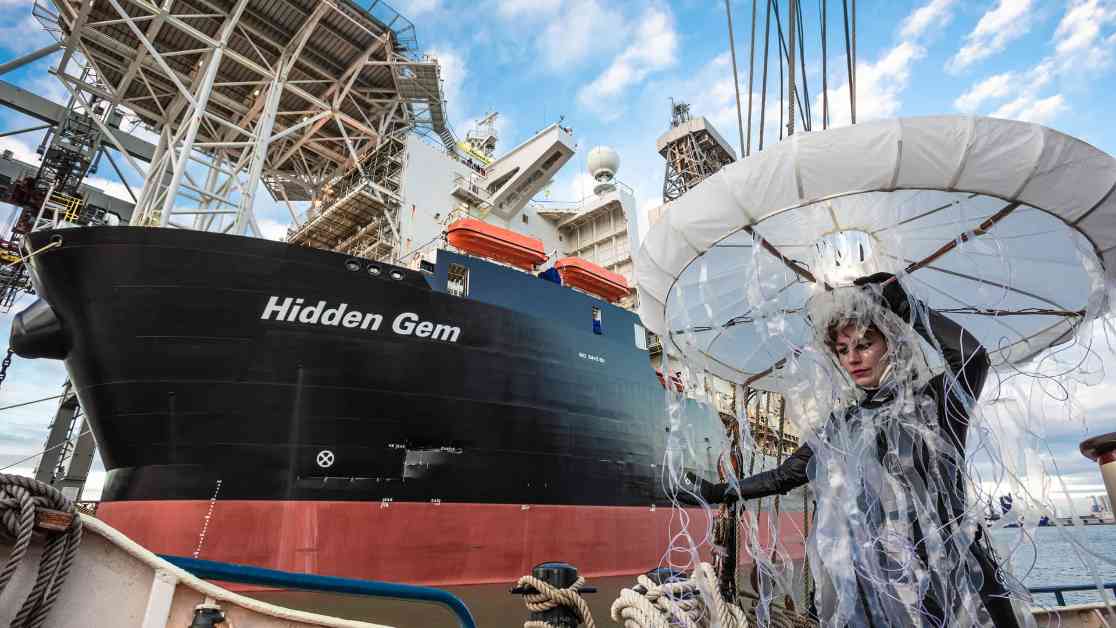Norway Abandons Deep-Sea Mining Plans: A Victory for Environmental Activists
Norway’s Prime Minister Jonas Gahr Store recently announced the country’s decision to halt plans for commercial-scale deep-sea mining in a vast ocean area at the bottom of the Arctic. This major development came after the Socialist Left Party refused to support the government’s budget unless the licensing round for mineral activities was dropped.
Environmental Impact
Environmental campaigners hailed this decision as a significant win in the fight against destructive deep-sea mining practices. Prime Minister Støre described the move as a “postponement,” emphasizing the importance of protecting marine life while also acknowledging the economic implications of the decision.
Norway’s involvement in deep-sea mining has been controversial, with concerns raised by environmentalists and other countries about the potential long-term consequences of disturbing the seabed. The practice involves extracting minerals like cobalt, nickel, copper, and manganese from the ocean floor, threatening delicate ecosystems and marine biodiversity.
International Stance
Norway’s decision to abandon deep-sea mining plans puts it at odds with other nations like Germany, Britain, Canada, and Mexico, who have called for a moratorium on such activities due to environmental concerns. The move reflects a growing global awareness of the need to prioritize sustainability and protect the oceans for future generations.
In a parliamentary vote earlier this year, Norwegian lawmakers approved the exploration of a vast Arctic area for deep-sea mining, but the recent decision to postpone licensing rounds signals a shift in the country’s approach to marine resource extraction.
Expert Opinion
Haldis Tjeldflaat Helle, a deep-sea mining campaigner at Greenpeace Nordic, criticized Norway’s previous stance on deep-sea mining, calling it “truly embarrassing” for a country that claims to be a leader in ocean conservation. The decision to halt mining plans reflects a broader understanding of the need to balance economic development with environmental protection.
As Norway prepares for parliamentary elections in 2025, the future of deep-sea mining in the country remains uncertain. The postponement of the licensing round indicates a willingness to reevaluate the potential impacts of such activities on marine ecosystems and biodiversity.
In conclusion, Norway’s decision to abandon deep-sea mining plans represents a significant victory for environmental activists and a step towards sustainable ocean management. By prioritizing the protection of marine life and ecosystems, the country is setting a positive example for other nations to follow.
















